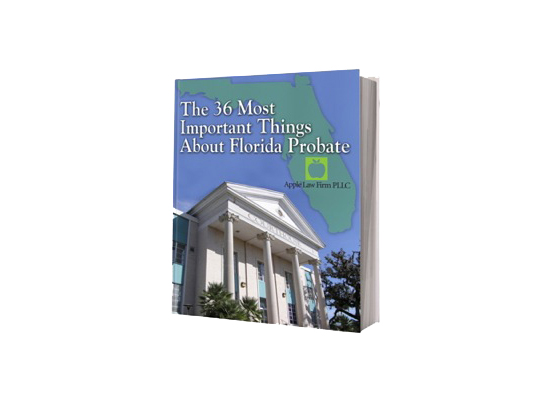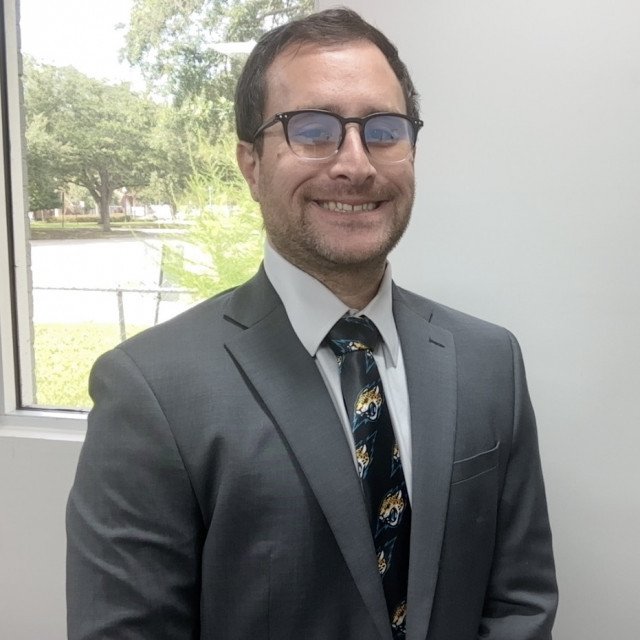LANDING SAFER
Guardianship
Jacksonville Guardianship Lawyers

A Florida Guardianship attorney or Lawyer helps families deal with incapacitated family members or allows others to take care of minor children. Sometimes companies or individuals take advantage of the elderly and obtain guardianships in an effort to take control of the persons assets. In these cases a dispute may arise and the individual may have created liability for their actions against the elderly person. Our Florida Guardianship Attorneys and Florida Guardianship Lawyers work with Families involved with Florida Guardianships.
What is Guardianship?
What is Guardianship? Guardianship is the process of making one individual legally able to make decisions for another individual. The Florida Court System oversees guardianships. Through the guardianship process, a judge appoints an individual to care for another individual. A guardianship is a necessary tool when someone can no longer make their own decisions. Guardianship may also be needed when someone has become easily vulnerable to fraud or undue influence. The Guardian is the individual appointed by a judge to make decisions for another individual. Once a judge determines an individual needs a guardian, they are called the Ward. A guardian can have authority to make personal and/or financial decisions for the Ward. The Ward can be an adult with a physical or mental disability or a minor.
Types of Guardianships: There are three types of Guardianships defined by the Florida Statutes.
1. Guardianship of an Adult– The Guardian of an Adult can be:
- Guardian of the Person: A guardian of the person can only make decisions concerning the Wards person. For example, a guardian of the person makes all health-care decisions for the Ward and determines the Ward’s residence.
- Guardian of Property: A guardian of property can only make decisions on behalf of the Ward concerning their assets. For example, a guardian of property manages the Ward’s money and pays the Ward’s bills.
- Plenary Guardian: Plenary means complete. A Plenary Guardian is the Guardian of both the Person and Property of the Ward.
- Voluntary Guardian: A Voluntary Guardian is when the Ward chooses to have a guardian even though they can still make sound decisions. Voluntary Guardianship can on be of the property.
2. Guardianship of a Minor- The Guardian of a Minor can be:
- Guardian of the Person: The Guardian of the Person of a Minor can make all decisions regarding the minor’s health, school and other activities that a parent can make for their child.
- Guardian of Property: In Florida, if a child inherits $15,000.00 or more, they must be appointed a Guardian of Property. Parents of a minor are not automatically Guardians of Property of their child. Parents must be appointed the Guardian of Property for their child.
- Plenary Guardian of the Minor: A Plenary Guardian of a the Minor can make both person and property decisions on behalf of the minor.
3. Guardian Advocacy– Guardian Advocacy is a special type of guardianship for individuals born with a developmental disability when they become 18 years of age. Guardian Advocacy is a streamlined guardianship process.
How does a court determine someone needs a guardian?
Before an adult can be appointed a guardian, the Court must first deem them incapacitated. The legal process for determining whether someone is incapacitated is called the Determination of Incapacity. The determination of incapacity involves a three-person examining committee. Each member of the examining committee evaluates the Ward and files a report with the Court. The Court uses these reports of the examining committee to determine whether the Ward has the capacity to make sound decisions and exercise their rights. Minors do not require a determination of incapacity as minors are legally already incapacitated until 18 years old.
Legislative Intent: It is the intent of the Florida legislature for the least restrictive kind of guardianship to be granted. The least restrictive form means only to give a guardian the rights the Ward cannot exercise him or herself. When a guardian is given only some of a Ward’s rights, it is a limited guardianship. A limited guardianship is necessary in circumstances where a court finds the Ward able to exercise some but not all, of their rights. For example, a ward may be able to determine their residence, but not able to enter into a contract.
Are a Power of Attorney and Guardianship the same?
A Power of Attorney and Guardianship are very different things. However, they have the same purpose, which is to give an individual the power to make decisions for someone who cannot make decisions for themselves. The most significant difference between a Power of Attorney and Guardianship is when and how they are created. A Power of Attorney is created without court supervision and by the individual who needs assistance when that individual can still make sound decisions. In contrast, Guardianship is established when the individual can no longer make sound decisions and is supervised by the Florida Court System.
How long does guardianship last?
Guardianship does not expire unless it is a temporary guardianship. For a guardianship of an adult to expire, the Ward must file a Petition to Terminate Guardianship with the Court. The Ward must then prove to the Court they have capacity and can now make sound decisions. A temporary guardianship generally expires in 90 days. A guardianship of a minor terminates when the minor turns 18 years of age.
If you think a guardianship may be appropriate or are involved in guardianship proceedings and would like representation to help you understand and deal with this complicated process, CONTACT a Florida Guardianship Lawyer by email or call us at 904-685-1200 to discuss your situation today.












